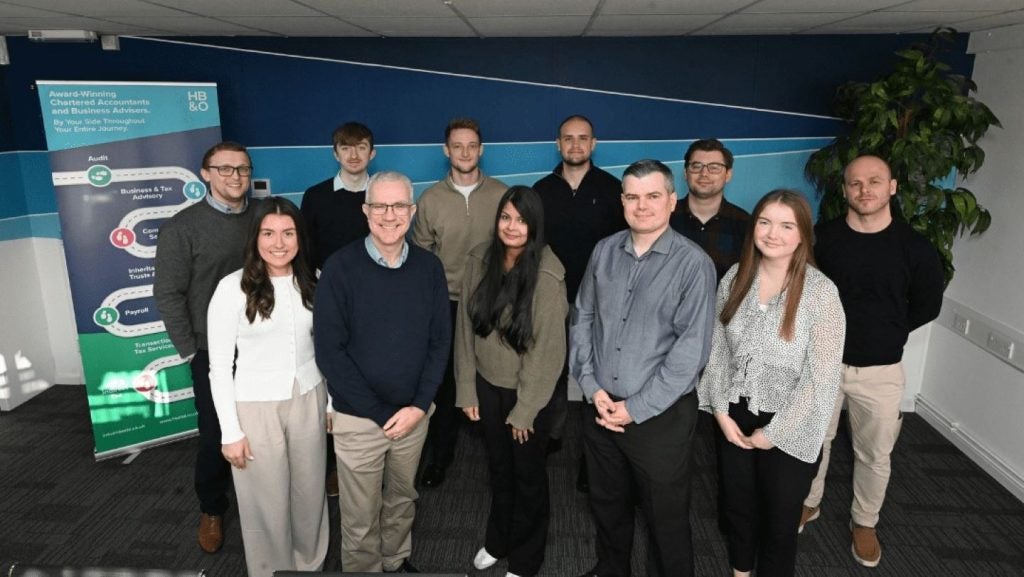
It is hard to believe that when Earth Day was founded in 1970, environmental sustainability was a niche concern. In the decades since then, it has moved to the forefront of the agenda, and with good reason. All over the world, we have seen the damaging impact that humanity has had on the planet: increasing global temperatures; vastly reduced rainforests; oceans littered with plastic, to name but a few, comments Liza Robbins, CEO Kreston Global
And let there be no mistake – this is a problem that affects humanity just as much as it affects the planet. Already, many communities globally are suffering acute impacts from climate change, and with global temperatures set to increase over the coming decades, billions of people will see their way of life changed forever.

Access deeper industry intelligence
Experience unmatched clarity with a single platform that combines unique data, AI, and human expertise.
But there is hope, and with better global awareness of these issues, we can still make a difference. In tandem with the catastrophic environmental degradation referred to above, the last few decades have seen consumers learning about the importance of recycling, of protecting wildlife habitats, and of cutting their carbon footprint.
So what can businesses do? And what are they doing?
In my role as Chief Executive of a global accountancy network, I have been in the privileged position of having conversations with business leaders all over the world about these issues. Those conversations have taught me many things, but two things stand out: firstly, that businesses need to be part of thriving communities to succeed, and secondly, the increasing realisation that thriving communities need long term environmental sustainability to succeed.
We at Kreston Global have therefore embarked on an exciting journey to reform our environmental sustainability strategy. In the last year we have had extensive discussions about our purpose – with member firms, with consultants, with other stakeholders. We have talked about what our stakeholders really care about, and about what we as a network can do to support that.

US Tariffs are shifting - will you react or anticipate?
Don’t let policy changes catch you off guard. Stay proactive with real-time data and expert analysis.
By GlobalDataBased on those discussions, we have drafted a purpose statement, which we will be putting to our members later in the year before final publication. At its centre are the four pillars of Planet, People, Prosperity and Partnership, which we believe to be intrinsically linked. For each of those pillars, we have an impact report so we can see what we do well, and where we need to do better.
Already we have taken concrete steps to improve Kreston Global’s interaction with the environment. For example, around events. Later this year we will have our first in-person conference for global member firm leaders since 2019, which will have a significant carbon footprint. There are however some simple steps that we can take to offset it. We are looking at our suppliers, and at hotels, to make sure that they have a sustainability plan. There are also small measures that we can implement around the event itself – for example, rather than automatically providing tea, coffee, and bottled water, much of which may go to waste, we are now asking delegates to request it if they want it.
Next, we are looking at the services that we as a network provide to clients. Accountants and auditors, accustomed as they are to helping clients with their financial accountability, are superbly well placed to help clients with their environmental accountability. While reporting standards haven’t been agreed yet, there is a strong case for saying that accountants will be the best people to advise. Our hope is that, armed with the right knowledge, our member firms will be able to work with clients to set up their sustainability frameworks. My prediction is that in three to five years, all accountancy firms will be offering ESG advisory services, and as a dynamic and entrepreneurial network, we are proud to be at the forefront of that.
Indeed, the accountancy profession has already shown itself, in some quarters, to be closely aligning itself to the sustainability discussion. Credit must be given to the proactivity of accounting bodies and institutes in certain countries, who have successfully led the local profession forward, and we must hope that other accountancy bodies around the world will continue that trend.
I am proud of the profession I represent; in its innovation and in its potential to help businesses unlock their environmental sustainability aspirations. As global sustainability strategies continue to mature, we as a sector will be here to help bring them forward.






